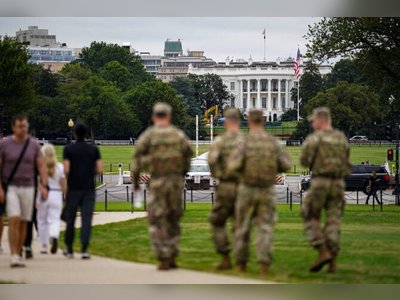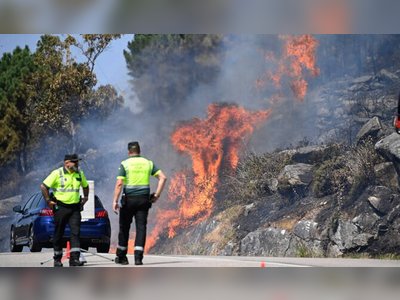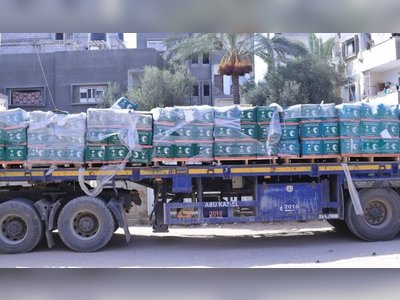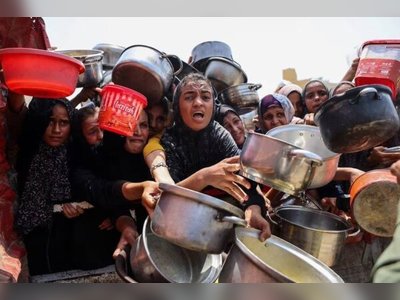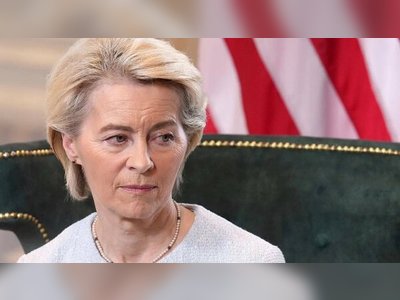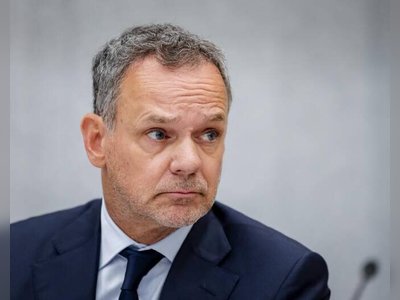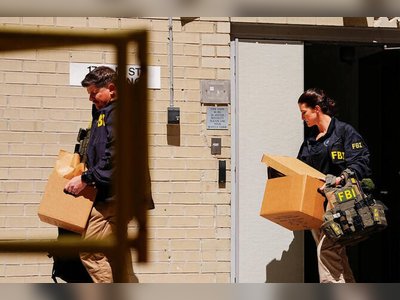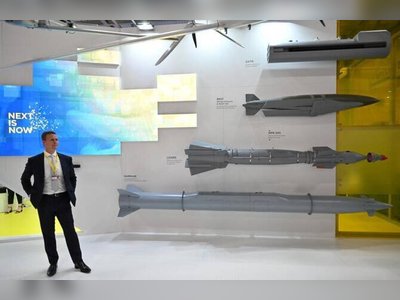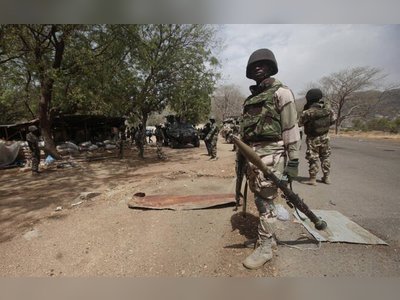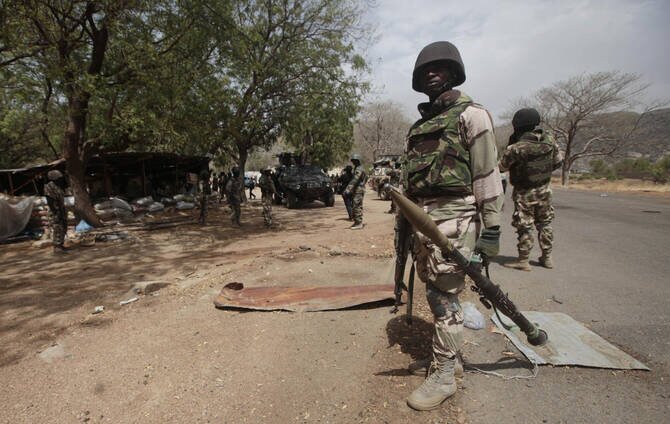
Niger Army Confirms Killing of Senior Boko Haram Leader in Airstrike
The military operation reportedly resulted in the death of 'dozens of terrorists' and senior members of the group.
The Niger army has officially announced the successful execution of a targeted airstrike that led to the killing of Ibrahim Bakoura, a prominent figure within the Boko Haram militant organization.
This development occurred on August 15th in the Lake Chad region, an area notorious for its high concentration of Boko Haram activities.
The operation was extensive, not only eliminating Bakoura but also claiming the lives of numerous other group members, as stated by the army through a broadcast on state television on Thursday.
According to reports, Bakoura, who was in his mid-40s, had been under surveillance for several weeks preceding the attack, underscoring the meticulous planning and execution of the mission.Boko Haram, a militant group initially founded in Nigeria with radical Islamist ideologies, has been responsible for widespread violence and atrocities across West Africa since its inception in 2009.
The conflict, primarily aimed at combating Western education and promoting a strict interpretation of Islamic law, has had devastating consequences, resulting in over 35,000 civilian deaths and the displacement of more than 2 million individuals, as per UN estimates.Recent reports suggest that Boko Haram has splintered into two factions following the death of its longstanding leader, Abubakar Shekau, in 2021.
This fragmentation has led to increased instability in the region, with one faction aligned with ISIS (Islamic State West Africa Province) and another, Jama’atu Ahlis Sunna Lidda’awati wal-Jihad (JAS), continuing under the Boko Haram banner.
Both factions engage in various forms of violence, targeting military positions and civilians alike.The elimination of Bakoura represents a significant blow to the network of armed groups operating in West Africa, particularly following recent arrests of top Al-Qaeda-affiliated leaders in Nigeria and the son of Boko Haram’s founder in Chad.
This development reflects a renewed effort by intelligence agencies across West and Central African countries to counter the growing insurgency.Security analysts argue that these targeted operations against key militant leadership could potentially shift the dynamics within the region, given the history of failed attempts to neutralize such figures.
However, success will depend on the government's ability to prevent retaliatory attacks or reorganization efforts by the groups.
The recent surge in military activity and arrests indicates a more concerted regional approach to combating insecurity, aiming to restore stability that has been disrupted for years.
This development occurred on August 15th in the Lake Chad region, an area notorious for its high concentration of Boko Haram activities.
The operation was extensive, not only eliminating Bakoura but also claiming the lives of numerous other group members, as stated by the army through a broadcast on state television on Thursday.
According to reports, Bakoura, who was in his mid-40s, had been under surveillance for several weeks preceding the attack, underscoring the meticulous planning and execution of the mission.Boko Haram, a militant group initially founded in Nigeria with radical Islamist ideologies, has been responsible for widespread violence and atrocities across West Africa since its inception in 2009.
The conflict, primarily aimed at combating Western education and promoting a strict interpretation of Islamic law, has had devastating consequences, resulting in over 35,000 civilian deaths and the displacement of more than 2 million individuals, as per UN estimates.Recent reports suggest that Boko Haram has splintered into two factions following the death of its longstanding leader, Abubakar Shekau, in 2021.
This fragmentation has led to increased instability in the region, with one faction aligned with ISIS (Islamic State West Africa Province) and another, Jama’atu Ahlis Sunna Lidda’awati wal-Jihad (JAS), continuing under the Boko Haram banner.
Both factions engage in various forms of violence, targeting military positions and civilians alike.The elimination of Bakoura represents a significant blow to the network of armed groups operating in West Africa, particularly following recent arrests of top Al-Qaeda-affiliated leaders in Nigeria and the son of Boko Haram’s founder in Chad.
This development reflects a renewed effort by intelligence agencies across West and Central African countries to counter the growing insurgency.Security analysts argue that these targeted operations against key militant leadership could potentially shift the dynamics within the region, given the history of failed attempts to neutralize such figures.
However, success will depend on the government's ability to prevent retaliatory attacks or reorganization efforts by the groups.
The recent surge in military activity and arrests indicates a more concerted regional approach to combating insecurity, aiming to restore stability that has been disrupted for years.
